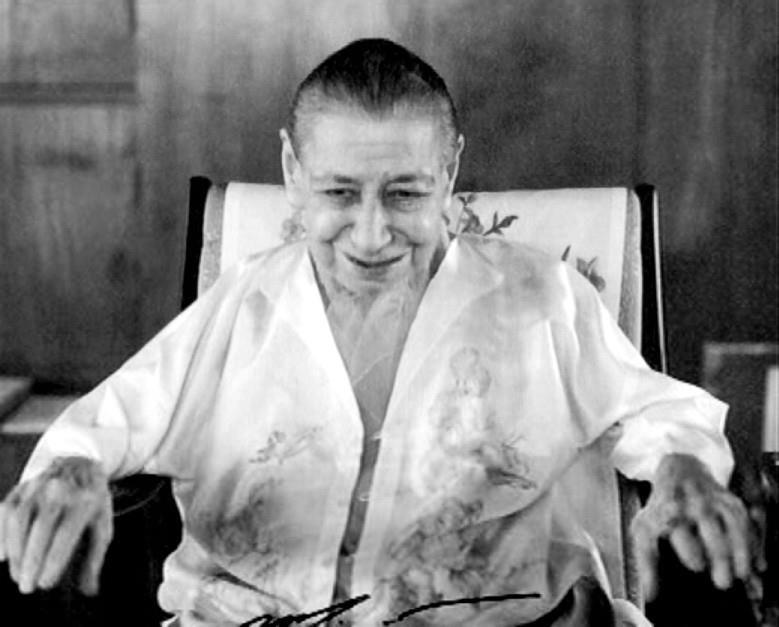Making the Mind Quiet

No right to judge
10/02/2020
The One Divine
10/04/2020There are innumerable small Buddhist sects of all kinds, in China, in Japan, in Burma, and each one follows its own methods; but the most widespread among them are those whose sole practice is to make the mind quiet.
They sit down for a few hours in the day and even at night and quiet their mind. This is for them the key to all realisation—a quiet mind that knows how to keep quiet for hours together without roving. You must not believe however that it is a very easy thing to do, but they have no other object. They do not concentrate upon any thought, they do not try to understand better, to know more, nothing of the kind; for them the only way is to have a quiet mind and sometimes they pass through years and years of effort before they arrive at this result—to silence the mind, to keep it absolutely silent and still; for, as it is said here in the Dhammapada, if the mind is unbalanced, then this constant movement of ideas following one another, sometimes without any order, ideas contradicting and opposing each other, ideas that speculate on things, all that jostles about in the head, makes holes in the roof, as it were. So through these holes all undesirable movements enter into the consciousness, as water enters into a house with a leaky roof.
However that may be, I believe it is a practice to be recommended to everyone: to keep a certain time every day for trying to make the mind quiet, even, still. And it is an undeniable fact that the more mentally developed one is, the quicker one succeeds; and the more the mind is in a rudimentary state, the more difficult it is.
Ref : Questions and Answers 1929-1931



